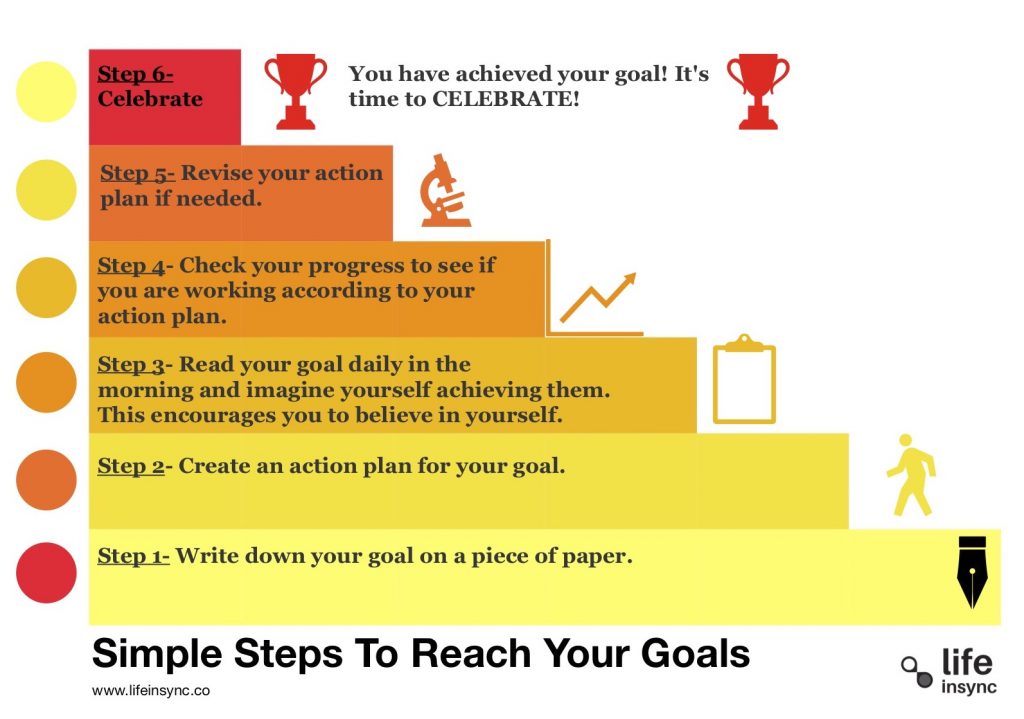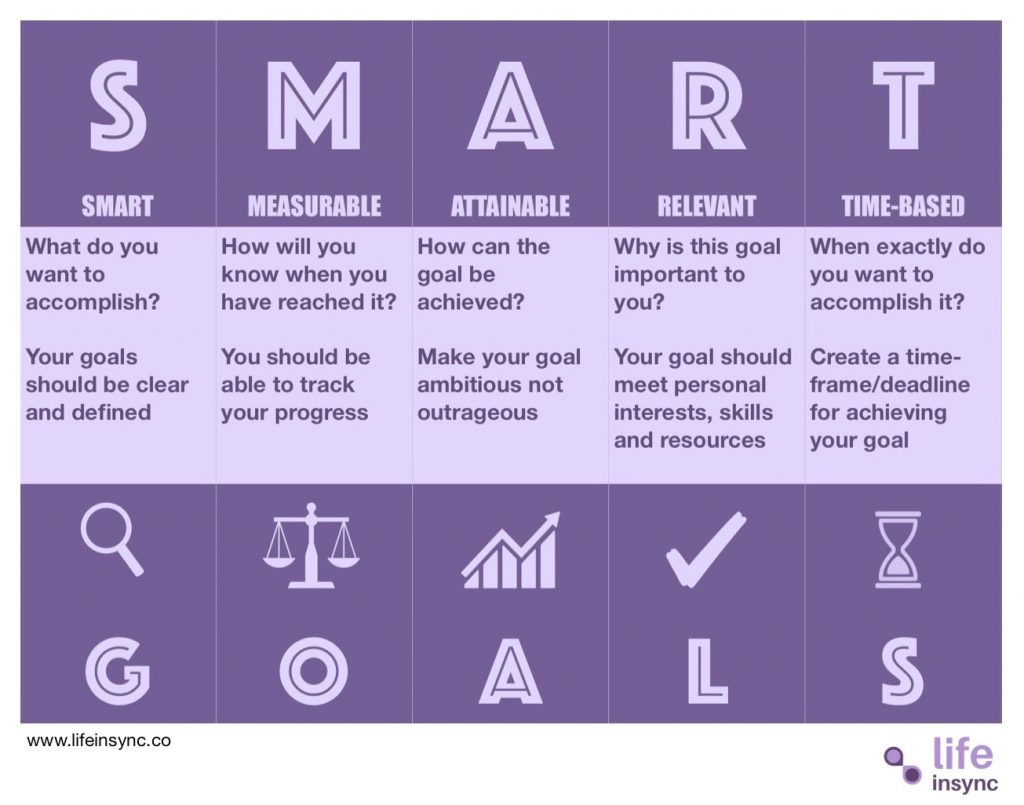We work on goals throughout our life, but actually many of us don’t even think of goal setting as a skill. We generally do it without reflecting on it. However, goal setting is a practice that enables us to follow our dreams in an easy to follow way. So it’s important for parents and teachers to help kids in setting their goals.

When you are aware of your child’s potential, but they don’t seem to be trying hard enough and despite your motivation and encouragement it doesn’t seem to work.
What do you do at this point?
You can educate kids how to set goals and work toward them one step at a time.
To enable a child to grow up as a good person, it is important for parents and teachers to help them identify their goals thoughtfully and proceed with a proper action plan to achieve them fully. Children learn endurance by setting objectives and working toward them.

How to help your kids to set their goals
Actually, many of us don’t even think of goal setting as a skill, we generally do it without reflecting on it. However, goal setting is a practice that enables us to follow our dreams in an easy to follow way.
To enable a child to grow up as a good person, it is important for parents and teachers to help them identify their goals thoughtfully and proceed with a proper action plan to achieve them fully.

Goals for your kids are:
Studies based goals
Habit based goals
Behaviour based goals
Short and long term goals
______________________________
The points below will give you an idea of how to guide your children in this direction.
Help your children to:
- Identify and write down their goals on a piece of paper.
- Create few easy action steps for each goal.
- Read their goals daily in the morning and imagine achieving them. This encourages them to believe in themselves.
- Check their progress to see if they are working according to their action plan.
- Revise their action plan if needed.
- Celebrate upon achieving a milestone.
Make your kids’ goals SMART GOALS!
Scan the goals through these questions and statements before starting to achieve it!
S– What do you want to accomplish? Your goals should be clear and defined.
M– How will you know when you have reached it? You should be able to track your progress.
A– How can the goal be achieved? Make your goal ambitious, not outrageous.
R– Why is this goal important to you? Your goal should meet personal interests, skills and resources.
T– When exactly do you want to accomplish it? Create a time-frame/deadline for achieving your goal.
Your aim should be to equip them with a strong navigation system, which will guide them as they go through life. Help children to start small and then exceed the short term to long term goals.
Happy 2023!
Picture courtesy: Pexel.com & Lifeinsync



